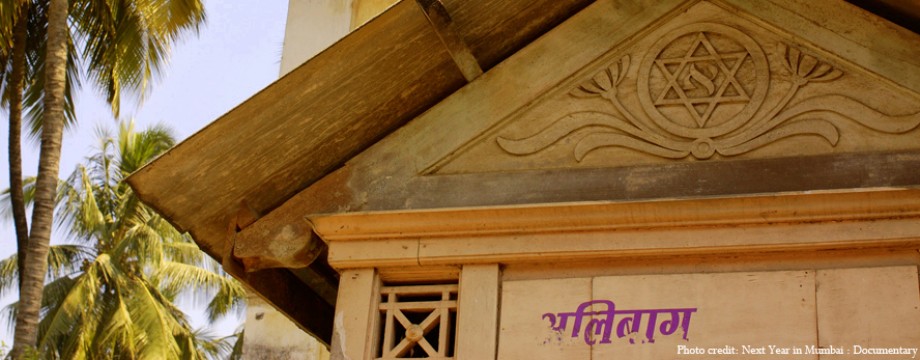
Bene Israel (Hebrew: “Sons of Israel”) is the largest and oldest of India’s Jewish communities. They were integrated into Indian society, preserving many Jewish observances but acting under the caste system, according to legend. They were stranded on the Konkan coast of western India more than 2,100 years ago. Only about 5,000 of the 67,000 Bene Israel who lived in India at the turn of the century remain, with the vast majority having emigrated to Israel.
Their presence in India is a mystery that may never be solved, and Bene Israel tradition varies. Some claim lineage from the Ten Lost Tribes of Israel, who vanished from history after the Assyrians conquered the northern Kingdom of Israel in 721 BC. Others think that their forefathers fled Antiochus Epiphanes’ persecution by water, which would explain the lack of a Hanukkah custom in Bene Israel. Whatever the case, the survivors—seven men and seven women, according to tradition—settled in Konkan villages, obtained Hindu names (surnames commonly ending in -kar), and began working in the oil industry. They were called shaniwar teli (“Saturday oil pressers”) in Marathi because they did not work on the Jewish Sabbath. They also practiced circumcision, read the Shema on ceremonial occasions, obeyed Jewish dietary regulations, and celebrated numerous significant festivals.
